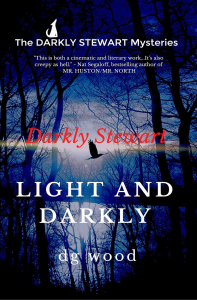INTELLECTUAL PROPERTY

Over the past two decades, the entertainment industry has been rewritten. So many trends vie for the award for most dramatic impact… the transformation of news into punditry, unscripted television, entertainment on demand. For me, though, it’s the dominance of IP, or intellectual property.
If you were to take a trip in a time machine back to the 1990’s, you would encounter a bottom up system. New talent and fresh ideas promoted by development executives and given the go ahead by a studio head. But then media went corporate. Mergers and acquisitions put the heads of conglomerates that sold gin or lightbulbs in charge of the next generation of movies and television. For them, notions of taking a chance on an unproven concept was entirely counterintuitive. Remake after remake was preferred. If it had to be something new, then find a book, comic, or even toy that already had a built-in audience. And I for one am grateful…
… because IP is a godsend for writers. Think of the joy of not answering to another person who doesn’t like an idea because it did not come from them. When the screen adaptation happens, no matter how your work is ultimately changed, it’s your printed word that remains the inspiration and guide. It’s like an insurance policy.
A novel can seem like such a daunting task compared to a 60 or 115 page screenplay. So, treat it like you would a script: keep Save The Cat next to your laptop and rewrite, rewrite, rewrite.
With my own novel series, I spent months on the first three chapters of the first novel. With the introductory chapter, the world emerged. With the second, the main character was born. With the third, the plot takes hold. Spend as much time as you need on these three chapters, and the rules of your world will be established. For the rest of the novel, the main character practically tells you what to write.